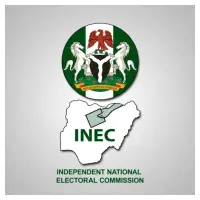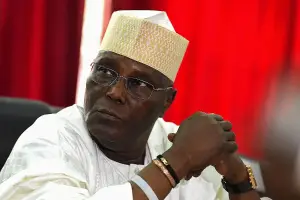Angolan opposition figures have raised alarm over what they describe as a government clampdown on free speech ahead of the upcoming US-Africa Business Summit scheduled to take place in Luanda.
According to anonymous sources and social media reports, police have been conducting unannounced visits to the homes of bloggers and influencers across Angola in what critics characterize as intimidation tactics disguised as efforts to combat "fake news."
Constitutional Controversy
Police authorities reportedly claim that criminal liability for spreading false information is established under Article 40 of the Angolan Constitution. However, critics point out that specific legislation targeting fake news has not yet been enacted, raising questions about the legal basis for these actions.
A police document cited by sources indicates that these measures have been implemented specifically in preparation for the US-Africa Business Summit. Critics argue this follows a pattern where government surveillance and political repression intensify whenever high-profile international visitors are expected in the country, similar to what occurred during former US President Joe Biden's visit.
Image Management
Opposition voices suggest the MPLA regime is attempting to present a carefully curated image of Angola at a time when international media attention will be focused on the country. This has raised concerns about freedom of expression and the right to peaceful assembly, which are guaranteed in many democracies but reportedly restricted in Angola.
Critics have questioned whether Angolans should remain silent about hosting representatives from countries they accuse of supporting conflicts abroad, particularly pointing to US foreign policy in regions like Iran.
Allegations of Systematic Repression
The government has been accused of suppressing peaceful demonstrations, including those organized by youth groups within the ruling party itself. Reports suggest that police have allegedly mistreated citizens, monitored social media, and detained individuals who criticize the government.
Critics also claim that the National Assembly has failed in its democratic oversight role, instead functioning as an extension of executive power that enables government impunity. Meanwhile, the State Intelligence Service has been accused of creating fake accounts and operating propaganda channels to counter criticism.
Economic Development Concerns
Beyond political repression, opposition figures have raised concerns about the Lobito Corridor project, which they claim primarily benefits foreign corporations while providing little advantage to local communities. The railway project is managed by companies allegedly linked to international corruption scandals, including Mota-Engil, Trafigura, and members of the LAR Consortium.
Local populations reportedly suffer from pollution and health issues, with claims that immigrant workers without proper contracts have introduced cholera to communities along the railway, further straining Angola's healthcare system.
As the US-Africa Business Summit approaches, questions remain about whether the government will continue its alleged efforts to prevent citizens from expressing dissent during this high-profile international event.
Follow BenriNews for more updates on this developing story:











